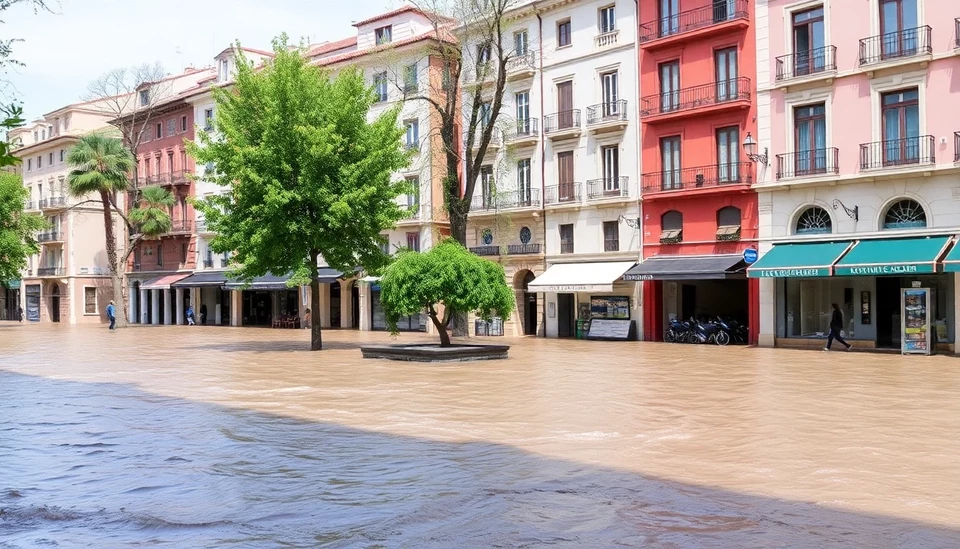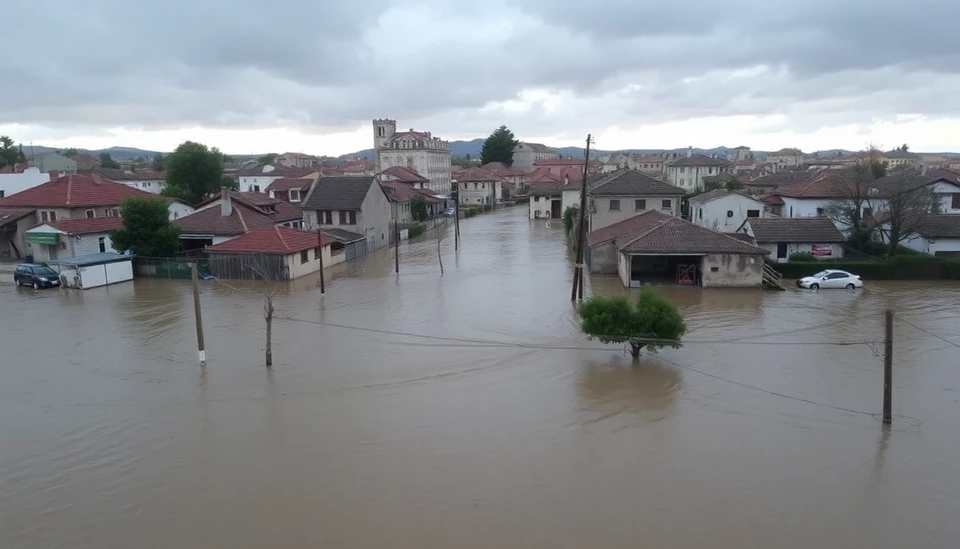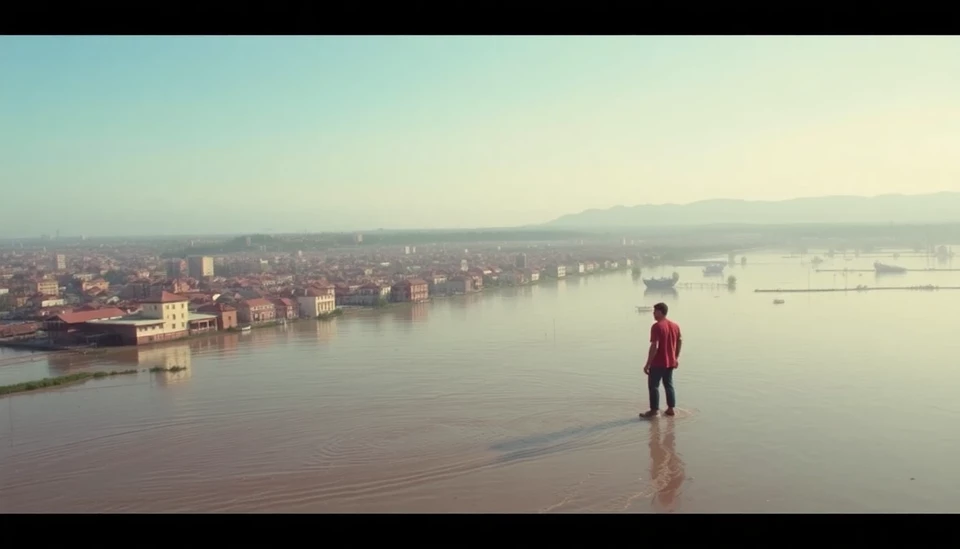
Spain is grappling with the devastating aftermath of severe flooding that has claimed multiple lives and left communities in chaos. These torrential rains, which occurred over the past week, have highlighted the urgent need for cities worldwide to address the increasing threats posed by climate change.
Recently, the regions of Valencia, Alicante, and Murcia were inundated, resulting in significant property damage, the displacement of thousands, and disruptions to transportation and essential services. Rivers overflowed, sending floodwaters surging into towns and cities, drowning homes and washing away infrastructure. The national meteorological agency noted that these intense downpours are becoming more frequent, influenced by a warming climate that enhances rainfall intensity.
Due to the severity of the situation, Spain declared a state of emergency in affected areas. Rescue teams have been deployed, working tirelessly to locate those trapped by rising waters. Emergency services reported numerous rescues, with local officials scrambling to provide relief to the hardest-hit communities.
The floods are not merely an isolated incident but a reflection of a concerning trend. Urban planners and environmentalists warn that cities must adapt their infrastructure to account for more extreme weather events linked to climate change. With projections indicating that similar flooding incidents could become commonplace, there is a pressing need for immediate action.
Experts advocate for a multifaceted approach to enhance urban resilience, which includes improving drainage systems, restoring natural waterways, and implementing green spaces that can absorb excess rainwater. Cities like Barcelona have already started initiatives to create more permeable surfaces, while others are investigating policy measures to mitigate flooding risks.
The recent floods serve as a stark reminder for governments and city planners alike: proactive measures must be taken to ensure public safety and protect vital infrastructure from the impacts of a changing climate. As European cities brace for more extreme weather, the lessons learned from Spain’s tragic floods will be crucial in shaping future urban policies.
In the wake of these events, residents are coming together to support one another, showcasing the resilience of communities even in the darkest times. Local businesses have stepped in to provide food and shelter for those displaced, while volunteers mobilize to help with cleanup efforts. This spirit of solidarity is a testament to the strength of community bonds, even amid adversity.
As Spain begins to recover from this catastrophic event, the conversations surrounding climate adaptation and preparedness will undoubtedly continue to grow louder. The challenge lies not only in reactive responses but in planning for a future where such extreme weather conditions become a new norm.
Only with a collective effort can cities hope to safeguard their inhabitants against the increasingly unpredictable forces of nature. As part of this commitment, it will be essential to prioritize sustainable development and invest in the innovative solutions needed to combat the worsening effects of climate change.
In conclusion, while the immediate focus remains on recovery and rehabilitation, it is also time for policymakers, urban planners, and citizens to engage in serious discussions about building resilience in our cities. The deadly floods in Spain should act as a catalyst for change, prompting a reassessment of current strategies to ensure safety and sustainability in the face of an uncertain future.
#SpainFloods #ClimateChange #UrbanResilience #ExtremeWeather #CommunitySupport
Author: Megan Clarke



